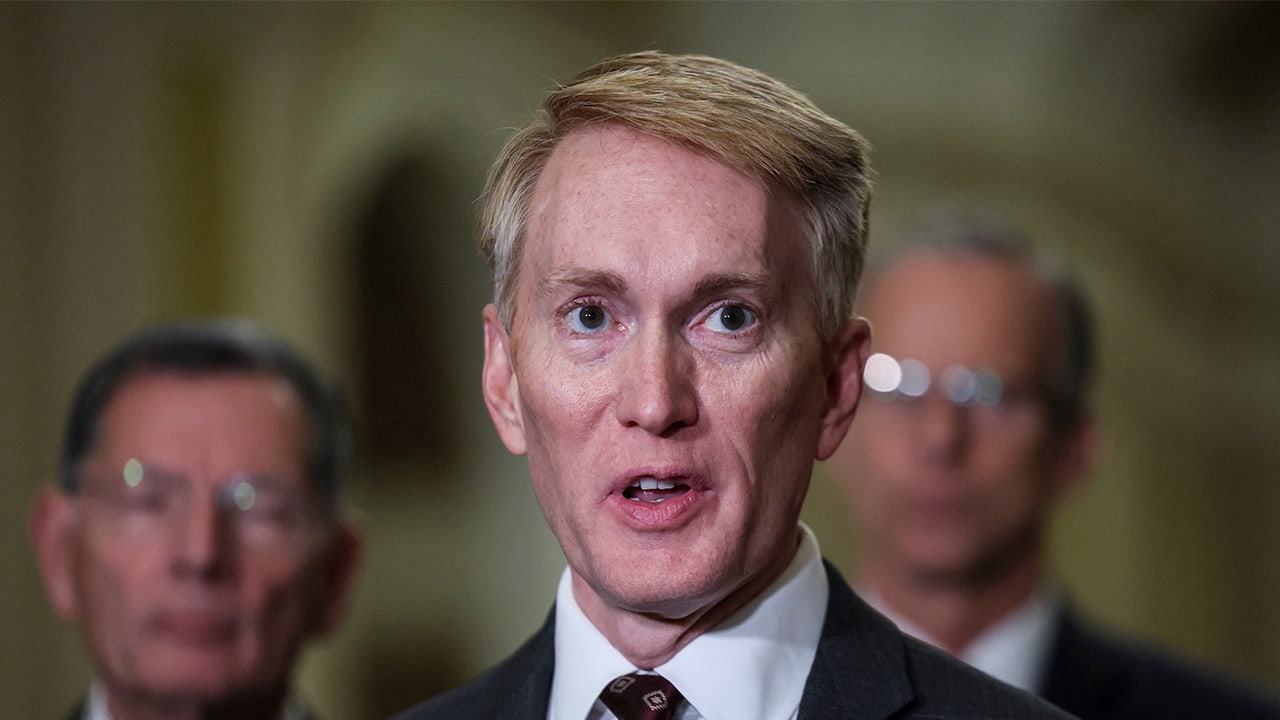Marco Rubio, Donald Trump’s nominee for secretary of state, argued Wednesday during his Senate confirmation hearing that the Russia-Ukraine war “should be brought to an end” — and said that neither side can achieve ultimate victory.
The Florida GOP senator outlined the incoming Trump administration’s most comprehensive view yet of the nearly three-year-old conflict, telling his colleagues that “there is no way Russia takes all of Ukraine.”
However, the 53-year-old added before the Senate Foreign Relations Committee, it is “also unrealistic to believe that somehow, a nation the size of Ukraine — no matter how incompetent and no matter how much damage the Russian Federation has suffered as a result of this invasion — there’s no way Ukraine is also going to push these people all the way back to where they were on the eve of the invasion, just given the size dynamic.”
As a result, Rubio said, the US needs to be “realistic” and, unlike the Biden administration, have an “end goal” in mind for the fighting.
He added that giving Ukraine American aid “as long as it takes,” which has been President Biden’s position, is not “realistic or prudent.”
Rubio admitted it will be “hard work” to bring about peace and will “require bold diplomacy” that he hopes will begin with a cease-fire deal.
“There will have to be concessions made by the Russian Federation, but also by the Ukrainians, and the United States lends itself there,” the nominee said.
“It’s also important that there be some balance on both sides. In essence, it will be difficult to achieve this objective of a cease-fire and ultimately a peace settlement, unless both sides have leverage.”
Trump initially vowed during the 2024 campaign that he would bring the war to an end with the first “24 hours” of his second term.
More recently, the president-elect has gone off that timeframe and has instead focused on bringing Russian President Vladimir Putin and Ukrainian President Volodymyr Zelensky to the negotiating table.
Trump has not laid out his proposal for which territories he might allow Russia to hold on to — such as Crimea, Donetsk and Luhansk — and insisted he will not reveal his vision for the Eastern European nation before a negotiation takes place.















